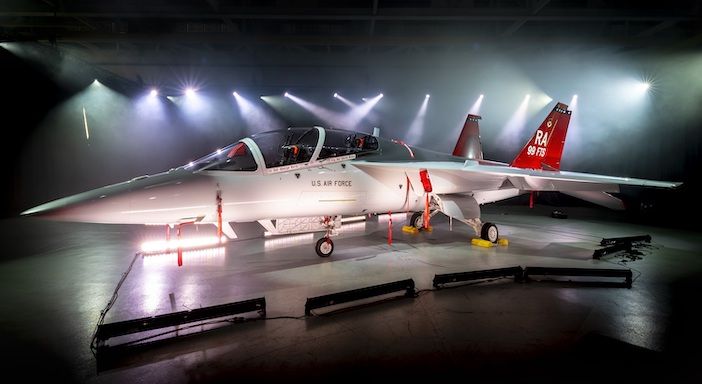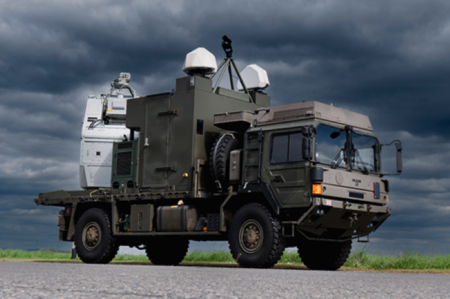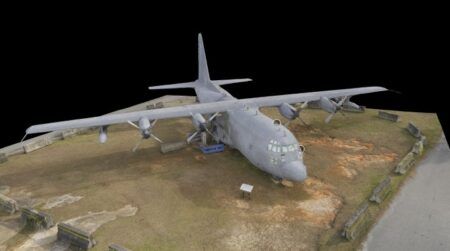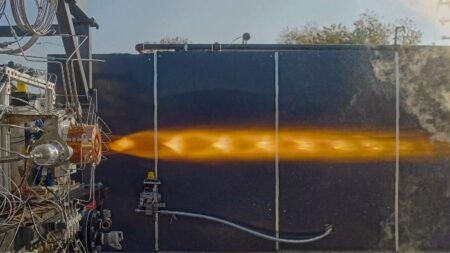Boeing revealed the first production T-7A Red Hawk trainer jet that will be delivered to the US Air Force last week at its factory in St Louis, Missouri.
The US Air Force has ordered 351 of the T-7A trainer jets to replace the T-38C Talon jets it currently uses under US$9.2 billion contract with Boeing.
The Red Hawk has been jointly developed by Boeing and Saab and is mooted to be the first aircraft built using digital engineering tools that significantly reduce the time from design to first flight.
The T-7A is the first in the US Air Force’s e Series of aircraft. It made its first flight in 2016 and is expected to be operational next year.
Col. Kirt Cassell, T-7 program manager said, “The T-7 was designed through model-based systems engineering and 3D tools. This enabled quicker assembly and improved quality to deliver a safe and effective training system for Air Education and Training Command.”
The aircraft will undergo ground testing in St. Louis during the coming weeks. The aircraft will fly to Edwards Air Force Base in California to begin flight tests later this year.
The T-7A is assembled at Boeing’s St. Louis facility, while the aft section of the trainer is built by Saab in Linkoping, Sweden. Saab will soon start producing that section at a new factory in West Lafayette, Indiana.
“The T-38 is a true workhorse training Air Force fighter and bomber pilots for Air Education and Training Command, but the T-7 Red Hawk is a game changer, providing advanced mission systems, a glass touchscreen cockpit, stadium seating, and embedded training capability,” Cassell said.
Ted Colbert, president and CEO of Boeing Defense, Space and Security said, “This aircraft is a tangible example of how Boeing, its suppliers and partners are leading the digital engineering revolution. T-7A will prepare pilots for future missions for decades to come.”
Related Stories
VR used to check T-7A Red Hawk trainer jet maintenance tasks
T-7A Red Hawk static test aircraft takes shape
US Air Force uses remote control rooms to support T-7A flight testing





